A neck brace is worn around the neck to limit movement, relieve pain, and provide support to the cervical spine. It is typically made from foam, plastic, or a combination of rigid and soft materials, depending on the level of support required. Some braces are adjustable to ensure a custom fit for different neck sizes and conditions.
Types of Neck Braces
- Soft Cervical Collar – Made of foam or soft material, used for mild neck pain, muscle strain, or posture correction.
- Rigid Cervical Collar – Provides firm support with plastic or metal reinforcements, ideal for post-surgical recovery and serious injuries.
- Philadelphia Collar – A two-piece rigid brace with a front and back section, used after trauma or surgery for immobilization.
- Halo Brace – A highly supportive frame-based device used for severe spinal injuries.
Key Features of a Neck Brace
✅ Provides Neck Support – Reduces strain on muscles and ligaments
✅ Limits Movement – Restricts neck motion to prevent further injury
✅ Adjustable Fit – Ensures comfort for different neck sizes
✅ Soft or Rigid Options – Depending on medical needs
✅ Breathable & Lightweight – Designed for all-day wear if needed
✅ Pain Relief – Helps with conditions like whiplash, arthritis, and post-surgery recovery
Advantages of Using a Neck Brace
✔ Speeds Up Healing – Supports the neck to aid recovery from injuries
✔ Reduces Pain & Inflammation – Prevents excessive movement that can worsen pain
✔ Prevents Further Injury – Stabilizes the cervical spine after accidents
✔ Corrects Posture – Helps maintain a healthy spinal alignment
✔ Easy to Use & Wear – Simple design for daily or medical use
When to Use a Neck Brace
🔹 After an Injury – Supports recovery from whiplash, fractures, or sprains
🔹 Post-Surgery Care – Ensures proper healing and prevents strain
🔹 Chronic Neck Pain – Helps with arthritis, herniated discs, or cervical spondylosis
🔹 Poor Posture & Neck Strain – Useful for office workers, frequent travelers, or those with tech neck
🔹 Medical Conditions – Prescribed for spinal conditions affecting the cervical region
How to Use a Neck Brace Effectively
- Ensure the Right Fit – The brace should be snug but not too tight.
- Follow Medical Advice – Wear it as per your doctor’s recommendation.
- Keep Your Neck Aligned – Adjust the brace properly to maintain a neutral position.
- Limit Use as Directed – Overuse may weaken neck muscles.
- Keep It Clean – Regularly clean soft braces with mild soap and water.
Specifications

🔸 Material: Foam, plastic, or reinforced metal
🔸 Sizes: Small, medium, large, adjustable options
🔸 Closure Type: Velcro straps or adjustable fasteners
🔸 Weight: Lightweight for daily comfort
🔸 Color Options: Neutral shades like white, beige, or black
A neck brace is a crucial medical device that aids in pain relief, injury recovery, and posture correction. Whether you need mild support for everyday neck strain or rigid immobilization after surgery, choosing the right type of neck brace is essential for comfort and effectiveness. Always consult a healthcare professional for proper guidance on use and duration.
Frequently Asked Questions (FAQs)
1. What is a neck brace used for?
A neck brace is used to support the cervical spine, reduce pain, and restrict movement after injuries, surgeries, or due to chronic neck conditions like arthritis or posture-related strain.
2. When should I wear a neck brace?
🔹 After a neck injury (whiplash, sprains, fractures)
🔹 Following neck surgery for stabilization
🔹 To relieve chronic neck pain from arthritis or cervical spondylosis
🔹 For posture correction and neck strain from prolonged sitting
🔹 As part of spinal injury recovery under medical supervision
3. What are the different types of neck braces?
✔ Soft Cervical Collar – Provides mild support and is made of foam.
✔ Rigid Cervical Collar – Offers firm support with plastic or reinforced materials.
✔ Philadelphia Collar – A two-piece, rigid brace used for serious injuries.
✔ Halo Brace – A highly supportive frame-based device for severe spinal injuries.
4. Can I sleep with a neck brace on?
It depends on your condition. If prescribed by a doctor, you may need to sleep with it on, but for minor strains, it’s best to remove it for comfort.
5. How tight should a neck brace be?
A neck brace should be snug but not too tight. It should support the neck without restricting blood flow or causing discomfort.
6. Can a neck brace help with posture?
Yes! Wearing a soft neck brace for short periods can correct poor posture and reduce strain from looking down at screens (tech neck).
7. How long should I wear a neck brace each day?
It varies based on medical advice. Some people wear it only during activities, while others may need it all day for injury recovery. Prolonged use without a doctor’s approval can weaken neck muscles.
8. Will a neck brace relieve my neck pain?
Yes! A neck brace can reduce pain by limiting movement and supporting the cervical spine. However, it should be part of a comprehensive treatment plan including therapy or exercises.
9. Can I drive while wearing a neck brace?
No, it is not safe to drive while wearing a neck brace, as it limits head movement and reduces visibility.
10. Can I wash my neck brace?
✔ Soft neck braces – Hand wash with mild soap and air dry.
✔ Rigid neck braces – Wipe with a damp cloth and disinfect if necessary.
11. Can a neck brace cause side effects?
If worn incorrectly or for too long, a neck brace may lead to muscle stiffness, skin irritation, or weakened neck muscles. Always follow medical guidance.
12. Is a neck brace covered by insurance?
In many cases, insurance may cover a prescribed neck brace, especially after an injury or surgery. Check with your provider for details.
13. Can I exercise with a neck brace?
Light movement may be possible with a soft brace, but avoid strenuous activities. If prescribed a rigid brace, avoid exercise unless cleared by a doctor.
14. Do neck braces help with migraines?
Some people find relief from cervicogenic headaches (neck-related migraines) by wearing a brace to support their posture and reduce muscle tension.
15. Where can I buy a high-quality neck brace?
You can find neck braces at medical supply stores, pharmacies, and online retailers. Choose one that fits well and suits your medical needs.
Looking for a high-quality neck brace? Explore our collection today for optimal support and relief!

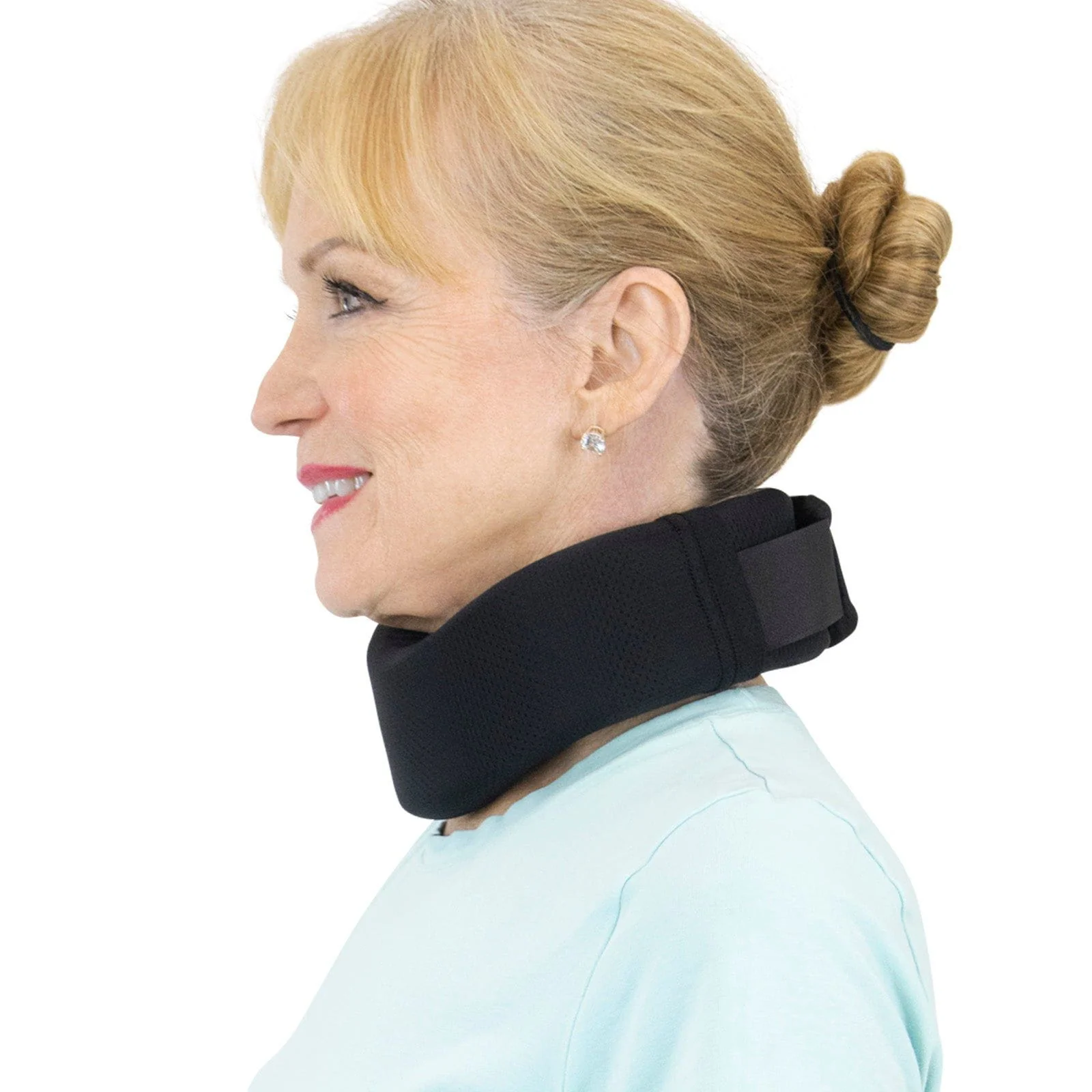

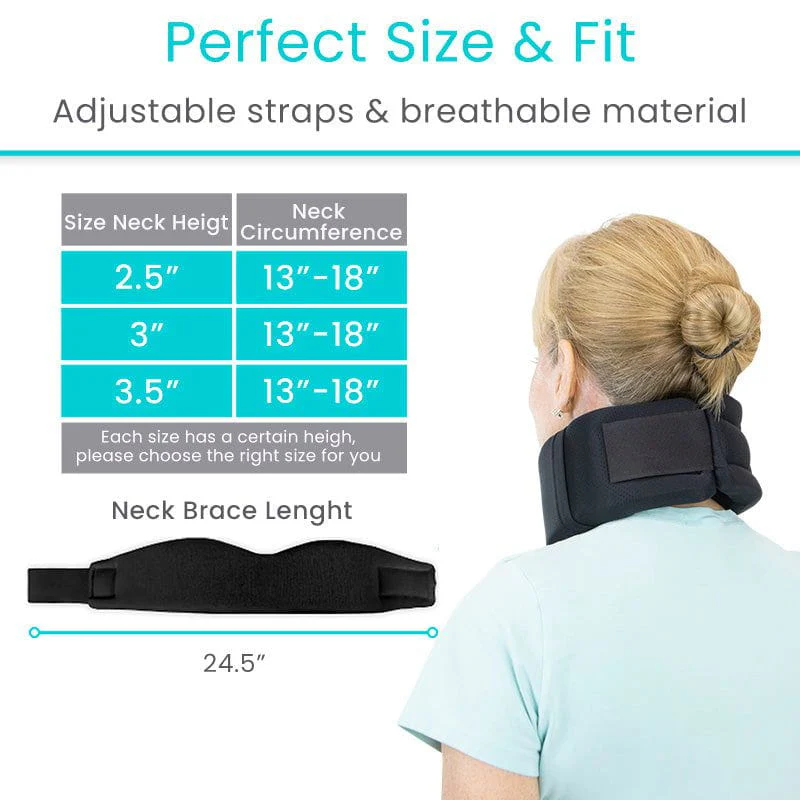

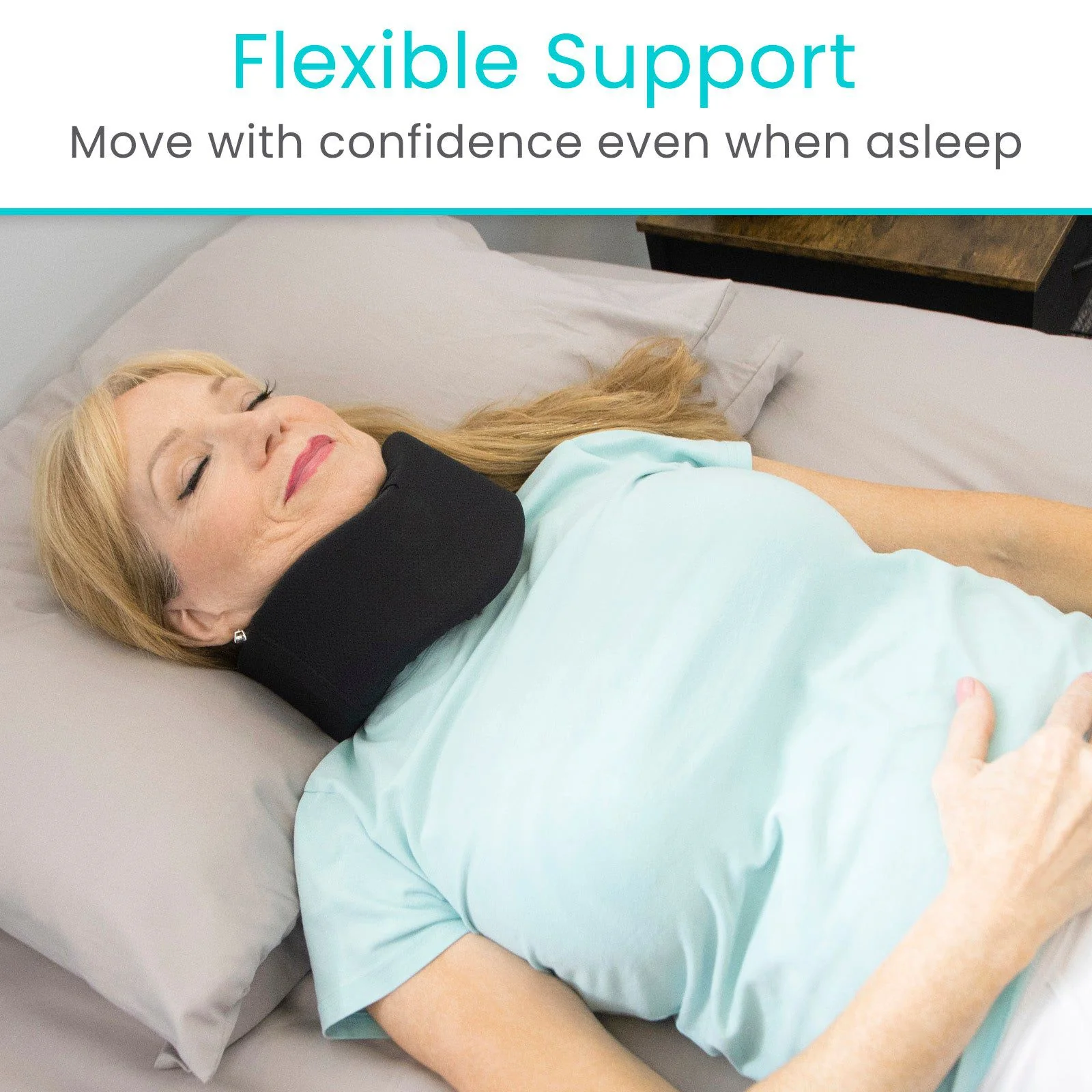
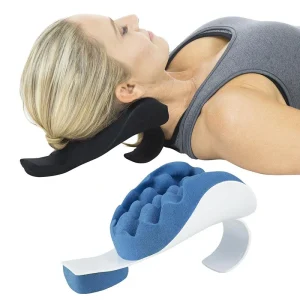
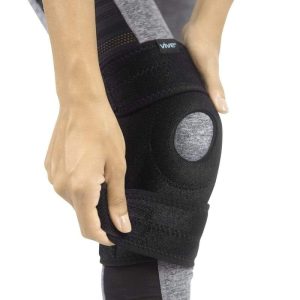
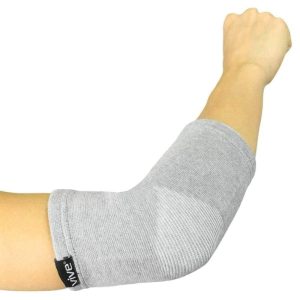
Reviews
There are no reviews yet.